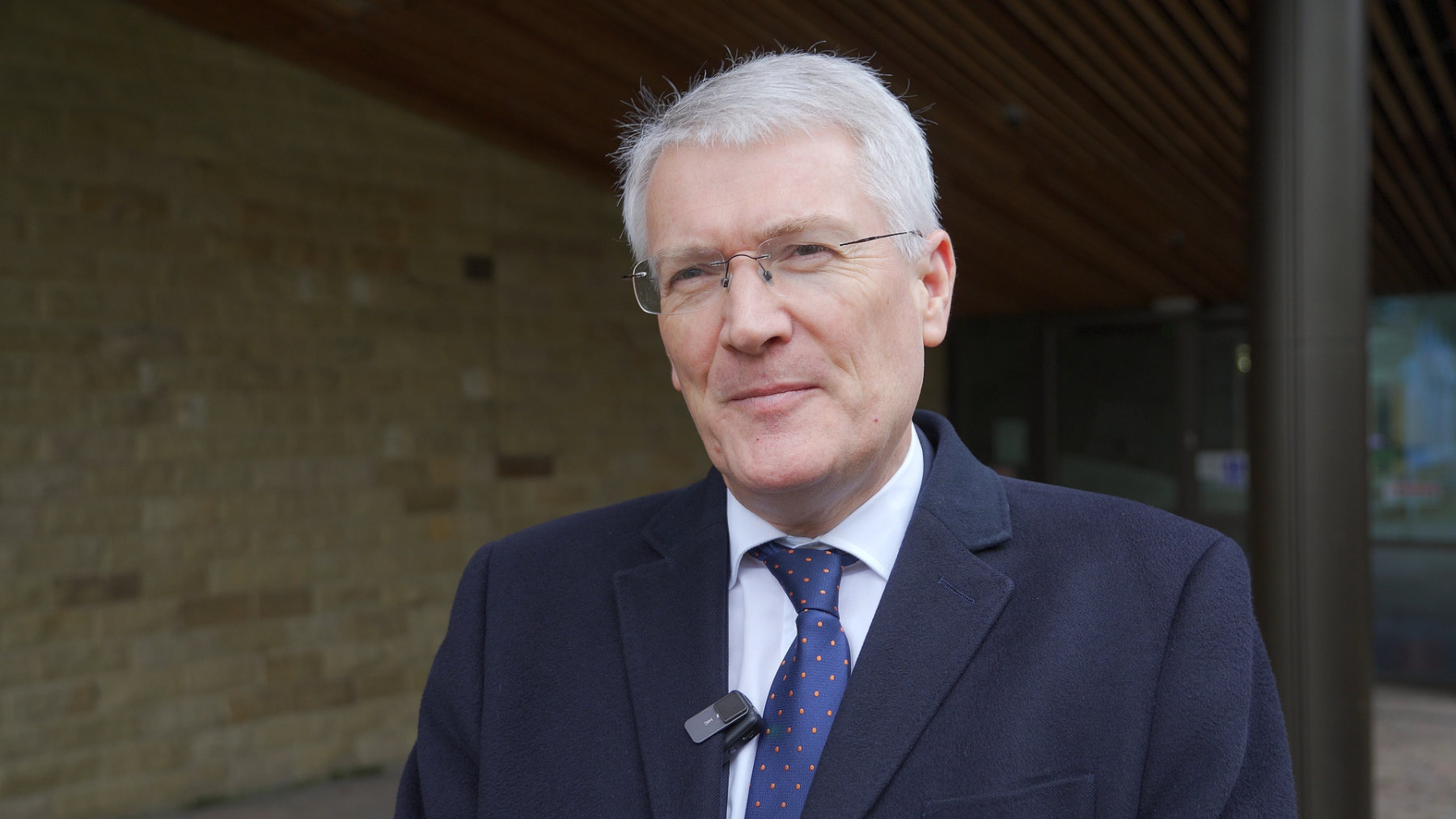The Conservatives announced their Spring Budget today (6 March 2024)
National insurance is to be cut by 2p, the main rate of employee and self-employed contributions. That will benefit for 27m workers and is costed at about £10bn a year.
‘Non-dom’ tax, abbolition of the system, which allows UK residents who have their permanent “domicile” abroad not to pay UK tax on overseas income or investment gains. New arrivals will be given a four-year tax-free period for overseas income. The change will eventually generate £2.7bn annually.
Child benefit Income threshold at which the benefit is tapered will now rise from £50,000 to £60,000.
British Isa, now have an additional £5,000, on top of current £20,000 allowance for individual savings accounts. That can be invested in UK equities with an aim at boosting investment in domestic businesses.
Tax on vapes from 2026, rise on tobacco and non-economy class flights. Tax breaks for owners of holiday lettings will be scrapped and the windfall levy on oil and gas producers will be extended by one year to 2029.
Andrew Jones MP said:
When the Chancellor delivered the Spring Budget last year inflation stood at ten per cent. Today that figure is four per cent and I am pleased that this, along with other positive economic indicators, has allowed him to further ease the tax burden for thousands of working people in Harrogate and Knaresborough.
Thanks to his sensible management of the economy the Chancellor has also been able to maintain the Household Support Fund for a further six months. I know that this has helped many households in my constituency who have struggled with the higher cost of living in recent times. It is good to see that the representations North Yorkshire Council made to the Chancellor highlighting the scheme’s positive impact have been heard.
Following the cut already announced in last year’s Autumn Statement today’s news of a further cut for National Insurance Contributions means a saving of £900 for the average worker earning £35,400. There have been other measures to reduce the cost of living which include maintaining the cut in fuel duty and the freeze of alcohol duty which will also help the hospitality sector.
A key part of today’s budget was leaning into the businesses of the future and using technology to boost productivity and which I strongly support. There are many measures in this substantial and significant budget, however, one which stood out for me was the NHS productivity plan – £3.4bn of investment. I have heard first-hand from many clinicians and those working in the NHS about how their IT systems are slow and out-of-date. This investment will free up clinicians to carry out more procedures and for different parts of the NHS, such as hospitals and GP practices, to better communicate with each other.
The economic forecasts have been upgraded and there was some very positive news on investment from businesses, plus measures to boost business investment further. This was a budget which will drive economic growth and strengthen resilience for the years ahead.







